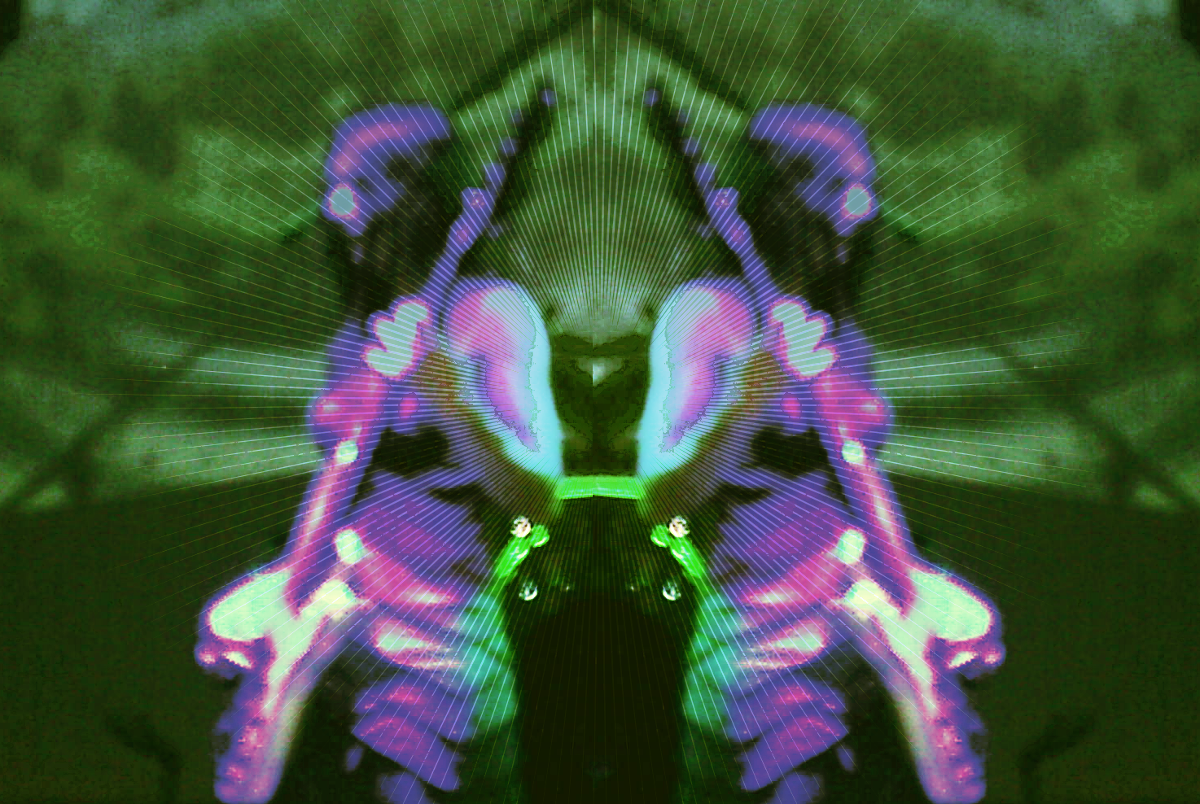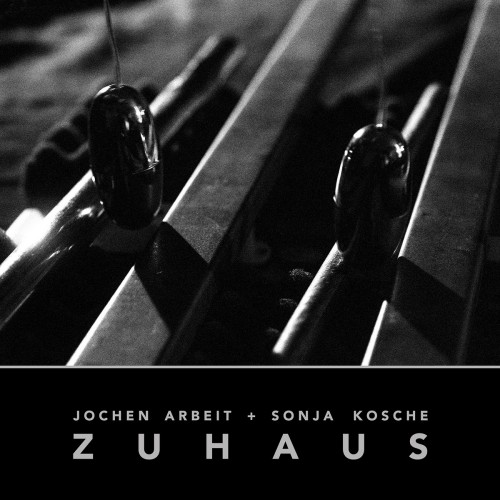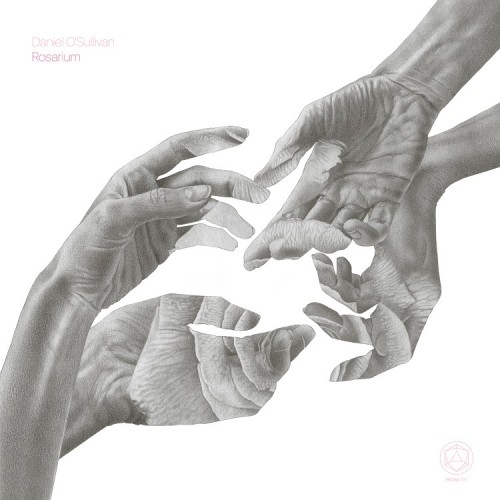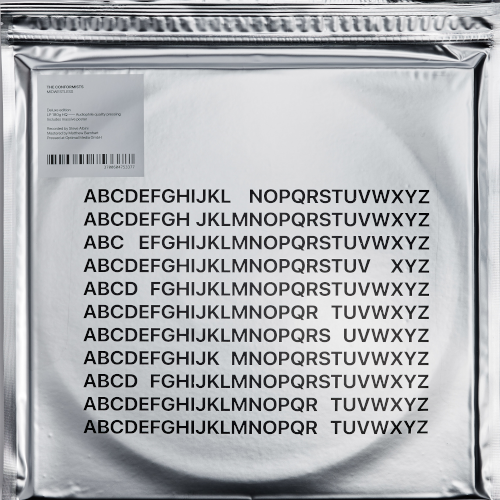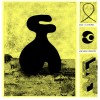 A decoy is usually defined as a person, device or event meant as a deliberate distraction, something used to conceal the real intension of an individual or a group. Under such a definition, unless they would really rather be performing Viennese light operetta, the success of this Decoy – a collaboration between Hammond maestro Alex Hawkins, London improv drum supremo Steve Noble and bass whirlwind John Edwards – must surely be highly questionable.
A decoy is usually defined as a person, device or event meant as a deliberate distraction, something used to conceal the real intension of an individual or a group. Under such a definition, unless they would really rather be performing Viennese light operetta, the success of this Decoy – a collaboration between Hammond maestro Alex Hawkins, London improv drum supremo Steve Noble and bass whirlwind John Edwards – must surely be highly questionable.
At the end of October 2011, Decoy played a two-night residency at Dalston’s achingly-hip Café Oto, precipitating a rush of breathless reviews, from The Liminal who called it “one of the very best things [they had] seen this year”, to Jazzwise, who ramped up the praise even more, stating that Decoy were “a band that redefine the words “shock and awe”… this is an improvising trio that rocks and swings so hard it’s dangerous…”
Released on the venue’s own leisurely OTOroku label, the short, precise and diamond-edged release Spontaneous Combustion captures the full fury behind such outbursts from the commentariat, presenting the second set of the first night of the residency in all its incendiary power. Given that Noble and Edwards are, de facto, now the wrecking crew of London’s improv scene, and, moreover, a joyous and lift-affirming sight to see when in full flow, one could always have paid the price of admission for them alone. Add into the mixture Alex Hawkins, a man who is actual pushing the Hammond organ in new directions, and the presence of special guest American horn multi-instrumentalist Joe McPhee (not Tony McPhee, the Freudian slip I made on the phone to a friend the other day, though that said, some kind of Decoy/Groundhogs cross-over would surely be a most welcome proposition…), then you’ve got something that’s really going to shake the walls.Limbering up with ringing percussion and some skittering pocket trumpet (McPhee being one the rare jazz animals that plays both axe and trumpet), once the warm-up exercises are complete, the band ready themselves on the starting blocks and, with the discharge of the starting pistol – in this case the intro of Hawkins’ delicate Hammond chops – they soon hurtle off pell-mell round the track: a shimmering layer of organ like a mirage over the desert, Noble chiming and crashing like he’s had a seizure in a reception bell factory and Edwards, well, playing like John Edwards, one minute all booming twang such as you fear for his bass strings, the next up in the snow like Jean-Louis Trintignant stumbling around in The Great Silence.
Ever noticed that effect when on a speeding train you try to read the sign of a passing station? Such is the velocity of the train that, though you can see the sign in outline, its details are way too blurred, are passing at speeds too fast for the human eye to register. Spontaneous Combustion replicates that effect for the ear – genres and sounds and musical motifs fly at such a terrifying rate, that you can only really perceive them in your peripheral hearing. Was that jazz funk? Fuck, I think so. It could have been Basingstoke though. At points the audience can be heard joining in, hollering and cheering at the Decoy express rattles through Didcot Parkway en route to free soul jazz.The second track – the second side if you’re listening on primo quality vinyl! – foregrounds the interactions between the players magnificently, twosome combinations taking it in turns to link their playing: listening, leading, responding and fitting together like a perfectly-tooled wooden jigsaw. During one terrific passage McPhee is underpinned by Edwards alone, scrapping away with his bow as if he’s sawing the whole double bass in half. When Noble re-enters the fray, the sound of his percussion veering wildly between bubbling saucepans lids and an angry rattlesnake, the trajectory steepens and almost anything seems possible. At one point McPhee begins howling at such a frequency that when he starts on the horn again, it’s almost difficult to tell. In the final ten minutes the only word to describe it, hoary old jazz cliché it might be, is cookin’. Nobel’s solo, played on what sounds like a cross between a gamelan and boiler flue, is just sublime.
Whatever one’s views on the emergence of Dalston as the happening area du jour (or is it now considered to have over-ripened, like an oozing Camembert that’s slowly stinking out the fridge?), Oto is justly regarded as a jewel of a venue, able to present world-class acts in a beautifully Spartan yet welcoming space, and conjure special evening after special evening; shows by Roscoe Mitchell and Peter Brötzmann followed in 2012, but for 2011, the evidence shows that for 2011, this was the one.This ain’t no decoy – you’re looking straight at the real thing. Buy, buy, buy!
-David Solomons-
